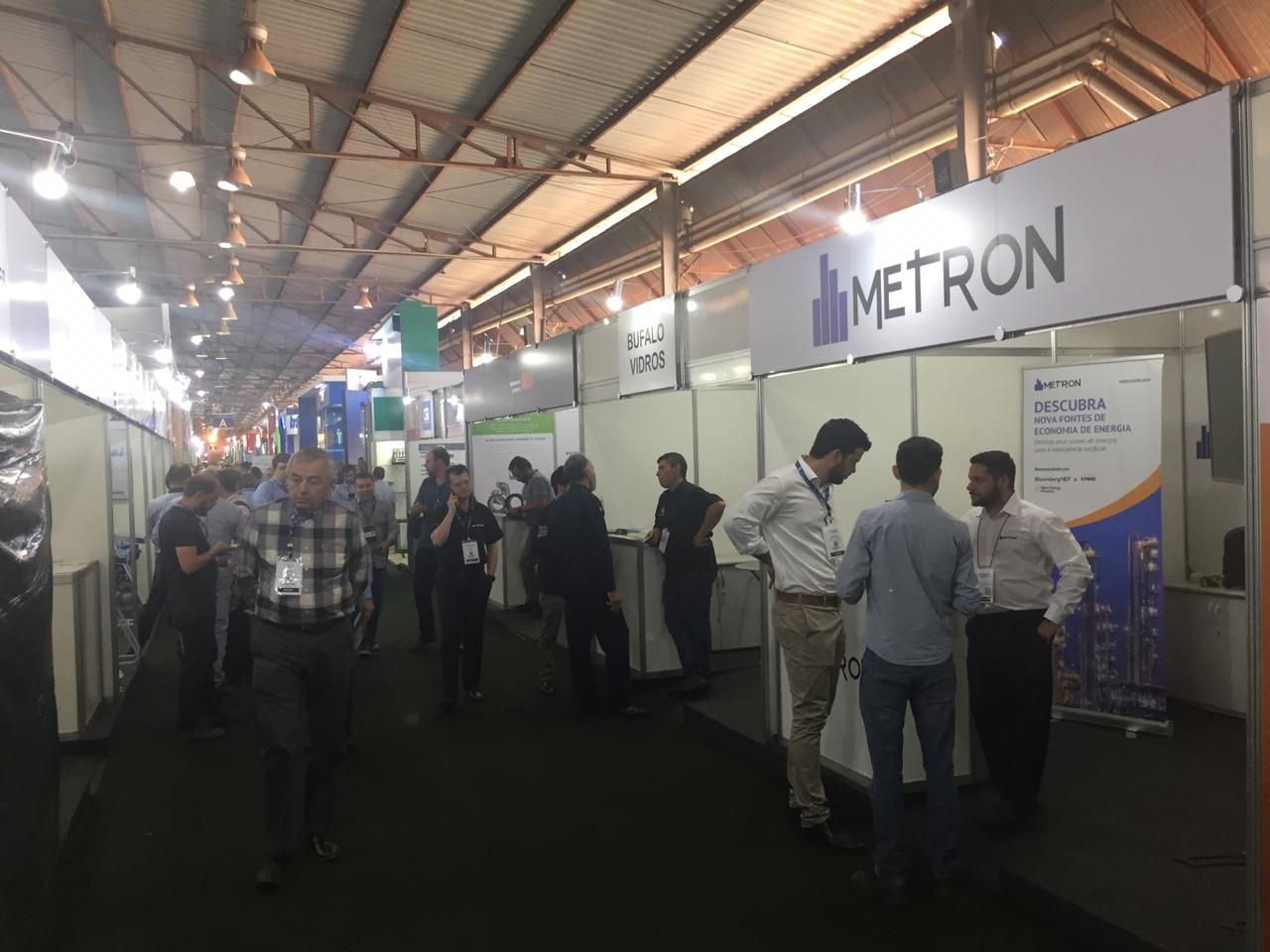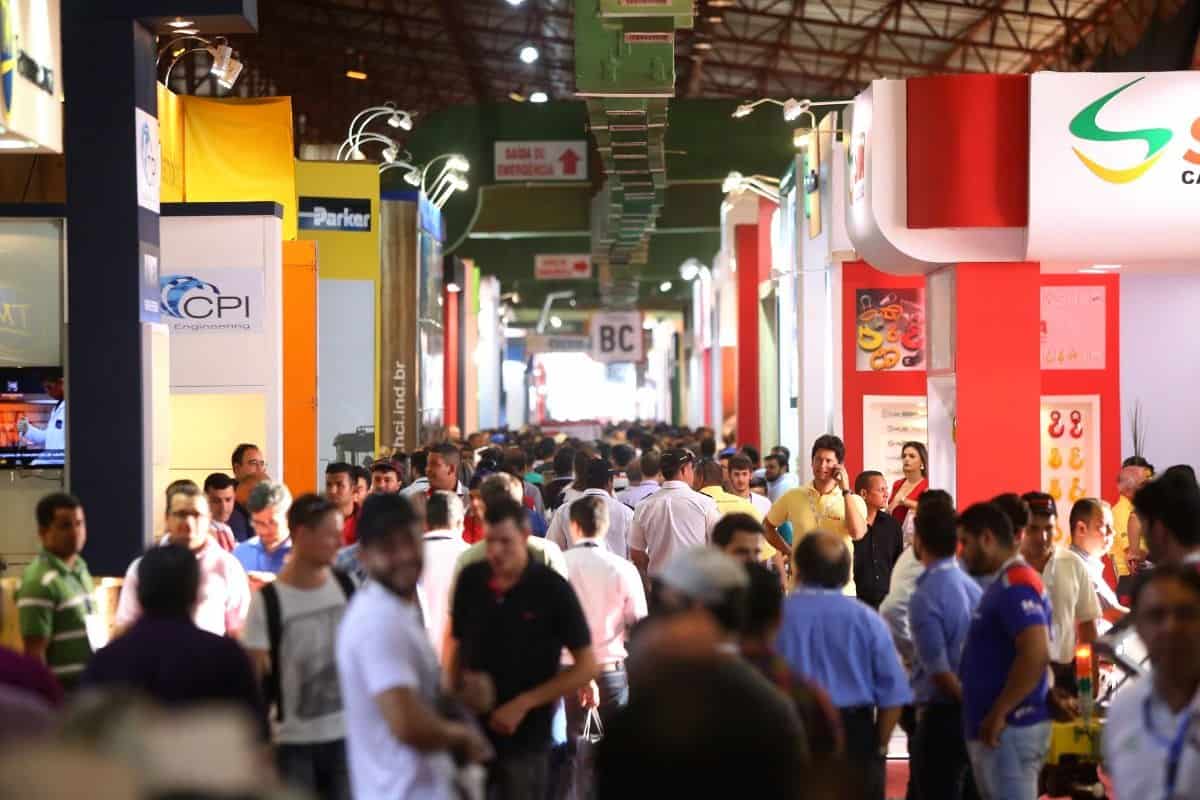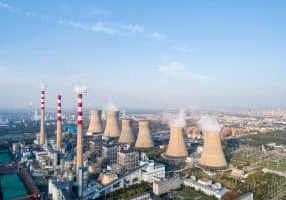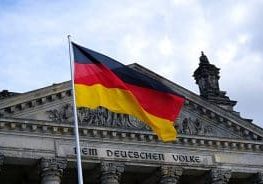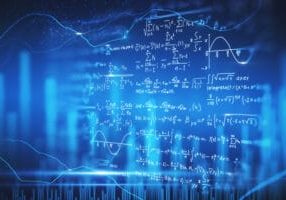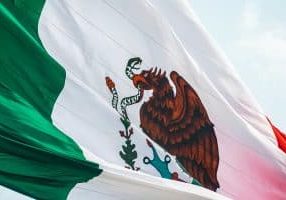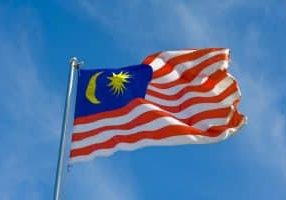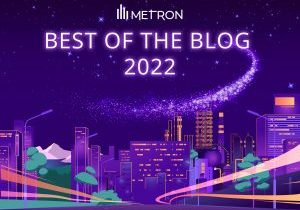From August 20 to 23, METRON Team took part in FENASUCRO, an event located in Ribeirão Preto, the countryside of São Paulo (Brazil), that focuses exclusively on bioenergy, including biofuels; transport and logistics; pulp and paper; and food and beverage industries. It was a great opportunity to present METRON to the sugar and alcohol sector.
In the past 30 years, Brazil has become a leader in renewable energy. Brazil has successfully transitioned from importing almost 80% of its total oil consumption in the 1970s to becoming virtually energy independent and a leader in renewable energy. More than 40% of Brazil’s energy comes from renewable sources compared to an average of less than 15% for the rest of the world.
Sugarcane, ethanol, and bioelectricity produced from sugarcane bagasse (leftover fibers, stalks, and leaves) make sugarcane the largest source of renewable energy in Brazil. Sugarcane provides almost 17% of the country’s total energy needs, second only to oil and ahead of hydroelectricity. More than 40% of the country’s gasoline needs have been replaced by sugarcane ethanol.
In 2018, 82% of bioelectricity came from the sugar-energy sector. The supply to the electrical network by the sugar-energy sector was 21.5 TWh, a production equivalent to the supply of 11.4 million households with electricity throughout the year.
In this context, METRON can help sugarcane plants optimize the production of alcohol, sugar, and electricity seeking the production best balance depending on prices, strategies, or operational conditions.
